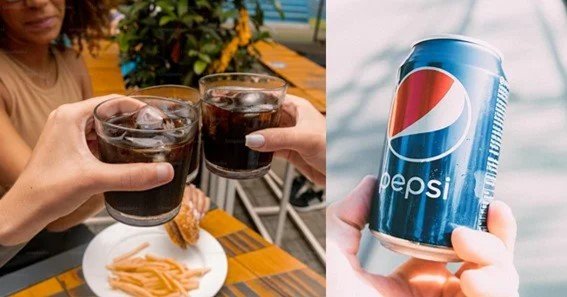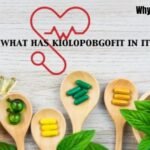Varun Beverages Limited (VBL) has established itself as a dominant player in the beverage industry, particularly as a key bottling partner for PepsiCo in India and various international markets. The company’s business model, centered around manufacturing, distributing, and selling beverages, has shown resilience and growth, but how sustainable is it in the long run?
Analyzing the Sustainability of Varun Beverages Business Model
- Strong Market Position with PepsiCo Partnership
Varun Beverages holds exclusive rights to manufacture and distribute PepsiCo’s products across 27 Indian states and several international markets, including Nepal, Sri Lanka, and parts of Africa. This long-term partnership provides a stable revenue stream, making VBL’s business model inherently robust. However, the heavy reliance on PepsiCo could be a vulnerability if the partnership dynamics change. - Financial Strength and Growth Prospects
VBL’s financial performance has been impressive, with consistent revenue growth. For example, the company reported a revenue increase of 21.88% in FY 2023, reaching ₹16,321 crore. Their operational efficiencies, such as cost-effective production and strategic geographical expansion, have contributed to their strong financial metrics, including a return on capital employed (ROCE) of 27.26% in 2023. - Environmental and Social Governance (ESG) Challenges
Despite its financial success, VBL faces significant ESG risks. With an ESG risk rating categorized as “High,” the company is under scrutiny for its environmental impact, particularly in areas like plastic use and carbon emissions. The company is working towards mitigating these risks through investments in green energy and sustainable practices, but there is room for improvement to ensure long-term sustainability. - Diversification and Innovation
While VBL has a strong portfolio of carbonated drinks, there is a growing need to diversify into healthier beverage options. The global shift towards health-conscious consumption presents both a challenge and an opportunity. VBL’s expansion into energy drinks and value-added dairy beverages is a step in the right direction, but greater diversification could further enhance sustainability. - Operational and Supply Chain Resilience
VBL’s extensive supply chain and distribution network are key strengths. The company’s ability to rapidly scale production and distribution in response to market demands has been critical to its success. However, this also means that any disruption in the supply chain, whether due to environmental factors or geopolitical issues, could significantly impact operations.
Conclusion
Varun Beverages’ business model is largely sustainable, backed by strong financial performance and strategic partnerships. However, the company must address its ESG challenges and continue to innovate in response to changing consumer preferences. By doing so, VBL can ensure not only its continued growth but also its long-term sustainability in a rapidly evolving market.
FAQ
- What is the core of Varun Beverages’ business model?
- Varun Beverages’ business model is based on manufacturing, distributing, and selling beverages, primarily under the PepsiCo brand.
- How sustainable is Varun Beverages’ business model?
- The model is financially robust and sustainable but faces challenges in ESG areas that need ongoing improvement.
- What are the key strengths of Varun Beverages?
- Strong market position, strategic partnerships with PepsiCo, and efficient operations are VBL’s key strengths.
- What are the main ESG risks for Varun Beverages?
- High environmental impact from plastic use and carbon emissions are significant ESG risks for the company.
- How is Varun Beverages addressing its sustainability challenges?
- The company is investing in green energy and exploring sustainable practices to mitigate its environmental impact.
Disclaimer: This article is for informational purposes only and should not be taken as financial advice. Always consult a financial advisor for investment decisions.










